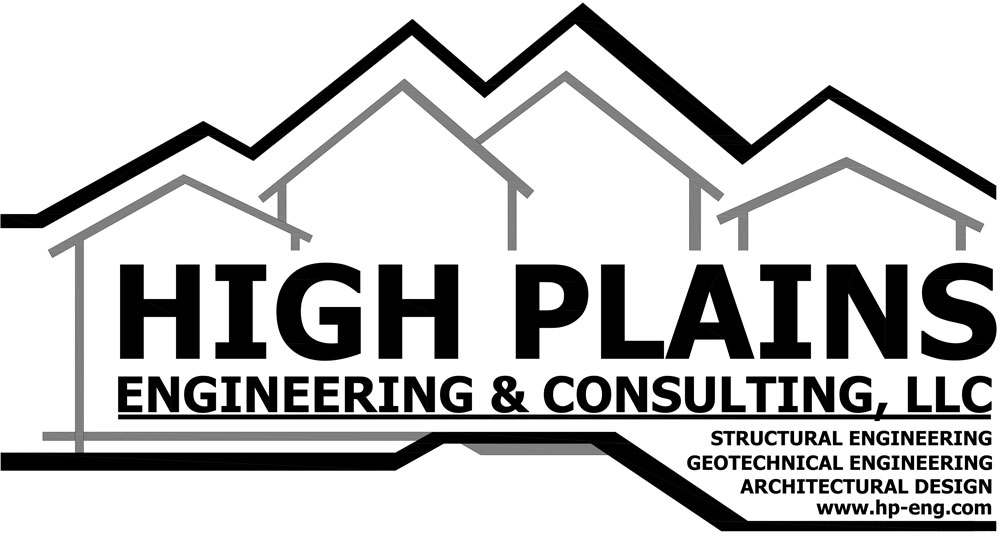
The California Bearing Ratio (CBR) test is a vital procedure in geotechnical engineering, widely used to assess the strength and stability of soil subgrades and base materials for road construction and pavement design. Whether you’re a civil engineer, contractor, or someone with an interest in construction, understanding what is California Bearing Ratio test and how to perform CBR test is essential for creating durable and efficient road systems. This blog delves deep into the principles, methodology, and significance of CBR testing. What is the California Bearing Ratio Test? The California Bearing Ratio (CBR) test is a penetration test that evaluates... View Article
Whether you’re an engineer, manager or mentor, communication is an essential skill. Great communication skills help you deliver complex ideas and technical project plans in a clear, concise manner. Communicating with engineers especially is never a one-size-fits-all thing; it depends on your audience, the situation, and your level of expertise. Here are 5 helpful tips to improve your communications with engineering teams. 1. Know The Problem Before communicating with engineers, know the problem and how it aligns with your company’s vision and strategy. This way, you can make your team understand why they need to get involved and how their... View Article
A water table refers to the pores and fractures within the ground that can become saturated with water. This area is also sometimes called the zone of saturation. A simple explanation would be the depth below where the ground is saturated. Understanding water tables, the different types of water tables, and how they behave is important for many different reasons. Civil engineers use this information to help clients make good choices when planning construction projects. Let’s take a look at one type of water table, the perched water table. Understanding Water Tables Groundwater collects from different sources. It can collect... View Article
Soil compaction testing is critical in any construction process. Soil that hasn’t been adequately compacted can be detrimental to the structural integrity of buildings, roads, pavements, and other retaining structures. Consequently, proper soil integrity can either make or break your structure. Due to the role that soil plays in structure reliability, soil compaction is necessary in most cases. That’s why the transportation department in America and building codes require soil compaction procedures. So, what is soil compaction test, and how does it help your construction or engineering work? This post covers everything you need to know. What Is a Soil... View Article
Geotechnical swell tests determine the amount of expansion or swelling in soil when it is saturated with water. The test is typically performed on compacted soils but can also be done on natural, in-situ soils. The test results can predict how the soil will behave under different moisture conditions and can help engineers design foundations, retaining walls, and other structures that can withstand the swelling pressure of the soil. Types of Geotechnical Swell Tests There are two main types of geotechnical swell tests: oedometer tests and triaxial tests. Oedometer tests These tests are performed in a laboratory using a device... View Article


 HPEC is an active member of CAGE
HPEC is an active member of CAGE